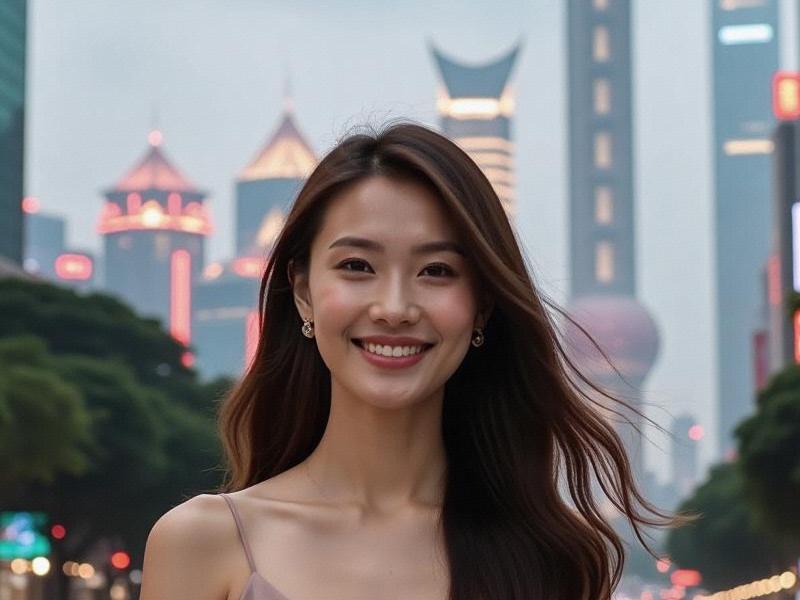
[The Shanghai Aesthetic Paradox]
The streets of Nanjing Road showcase a striking contrast - traditional qipao-clad women browsing alongside avant-garde fashionistas in gender-neutral designs. This visual dichotomy reflects Shanghai's complex relationship with beauty, where 78% of women surveyed DESRCIBEtheir style as "East-West fusion," according to 2024 Fudan University research.
[Historical Context]
Shanghai's beauty legacy includes:
- 1920s: Birthplace of China's modern beauty industry
- 1930s: "Shanghai Girl" calendar art phenomenon
- 1990s: First international modeling agencies
- 2010s: Plastic surgery boom period
- 2020s: Body positivity movement emergence
[Current Trends]
2025 survey data reveals:
- 62% prefer "natural enhancement" over dramatic procedures
新上海龙凤419会所 - 43% mix high-end and streetwear brands daily
- 28% have experimented with AI beauty filters
- 17% participate in cosplay subcultures
[Beauty Industry Revolution]
Shanghai's $8.9 billion beauty market features:
- Customized 3D-printed makeup
- Herbal-tech skincare hybrids
- VR makeup trial platforms
- Sustainable packaging mandates
[Professional Impact]
Notable shifts in the workplace:
夜上海最新论坛 - 59% of executives under 40 are female (highest in China)
- "Grooming freedom" policies at 72% multinationals
- Decline of "interview makeup" requirements
- Rise of female-led tech startups
[Cultural Tensions]
Ongoing debates include:
- Western vs. Asian beauty ideals
- Ageism in entertainment industries
- Social media beauty standards
- Traditional "fair skin" preferences
[Global Influence]
爱上海 Shanghai-originated trends gaining worldwide traction:
- "Glass skin" skincare techniques
- Hanfu-meets-streetwear fusion
- Minimalist "Shanghai chic" aesthetic
- Male grooming product innovations
[Future Directions]
Emerging developments:
- AI personal stylist adoption
- Virtual influencer collaborations
- Genetic beauty customization
- Anti-digital distortion campaigns
[Expert Commentary]
"Shanghai women aren't rejecting beauty," observes cultural anthropologist Dr. Mei Lin. "They're expanding its definition to include intelligence, capability and individuality in ways that challenge both Chinese tradition and Western feminism."
